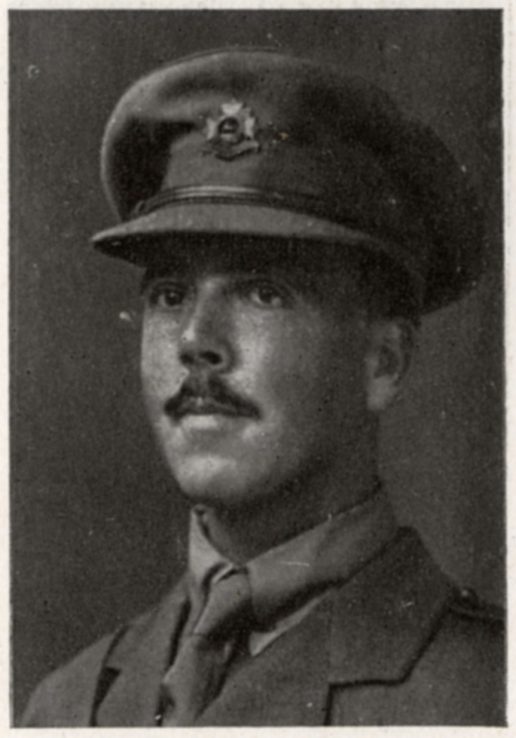Hughes, W
(1879 - 1918)

Key Facts
DATE OF BIRTH:
18th December 1879
YEARS ATTENDED THE COLLEGE:
1894 - 1895
HOME ADDRESS WHEN AT THE COLLEGE:
79 Tweedy Road, Bromley
REGIMENT
Bedfordshire Regiment
FINAL RANK:
2nd Lieutenant
DATE OF DEATH:
14th September 1918
AGE AT DEATH:
38
WHERE HE DIED (or was wounded)
London
LOCATION OF GRAVE OR MEMORIAL:
Shirley (St. John) Churchyard
2nd Lieutenant William Hughes
William was born on December 18th 1879, the eldest son of solicitor Henry Hughes and his wife, Frances. He joined Dulwich at the start of 1894 and was at the College for the next two years, leaving at Christmas 1895, whilst in the Upper Fifth. Two of his younger brothers, John and Harold, would later follow in his footsteps by coming to Dulwich. After leaving he passed the qualifying exams of the Incorporated Law Society and went on to emulate his father by becoming a solicitor. He was also a particularly distinguished amateur sportsman, winning the annual tennis championship at Bromley Cricket Club six times in eight years between 1906 and 1913, as well as serving as Secretary at Bromley Hockey Club.
In November 1915 William signed up for military service, and was enrolled in the Artists Rifles, with whom he went over to France for the first time in early 1916. In August 1917 he was awarded a commission in the Bedfordshire Regiment. That October, near Lens, he and his unit came under a particularly heavy bombardment, which either wounded or buried all but four of the men; he almost single-handedly manned the Lewis Gun throughout, preventing their section of the trench from lying silent. He would later be awarded the Military Cross as a result. He spent that winter near Cambrai, before taking part in the retreat across the Somme and subsequent defence of Amiens the following spring. On July 3rd 1918 he was seriously wounded near Ovillers and as a result invalided back to England. His right arm was amputated, but illness and infection set in and he passed away as a result on September 14th. His younger brother John, a fellow OA, had also fallen in the War, extraordinarily enough at Ovillers, two years to the day before William was wounded there.